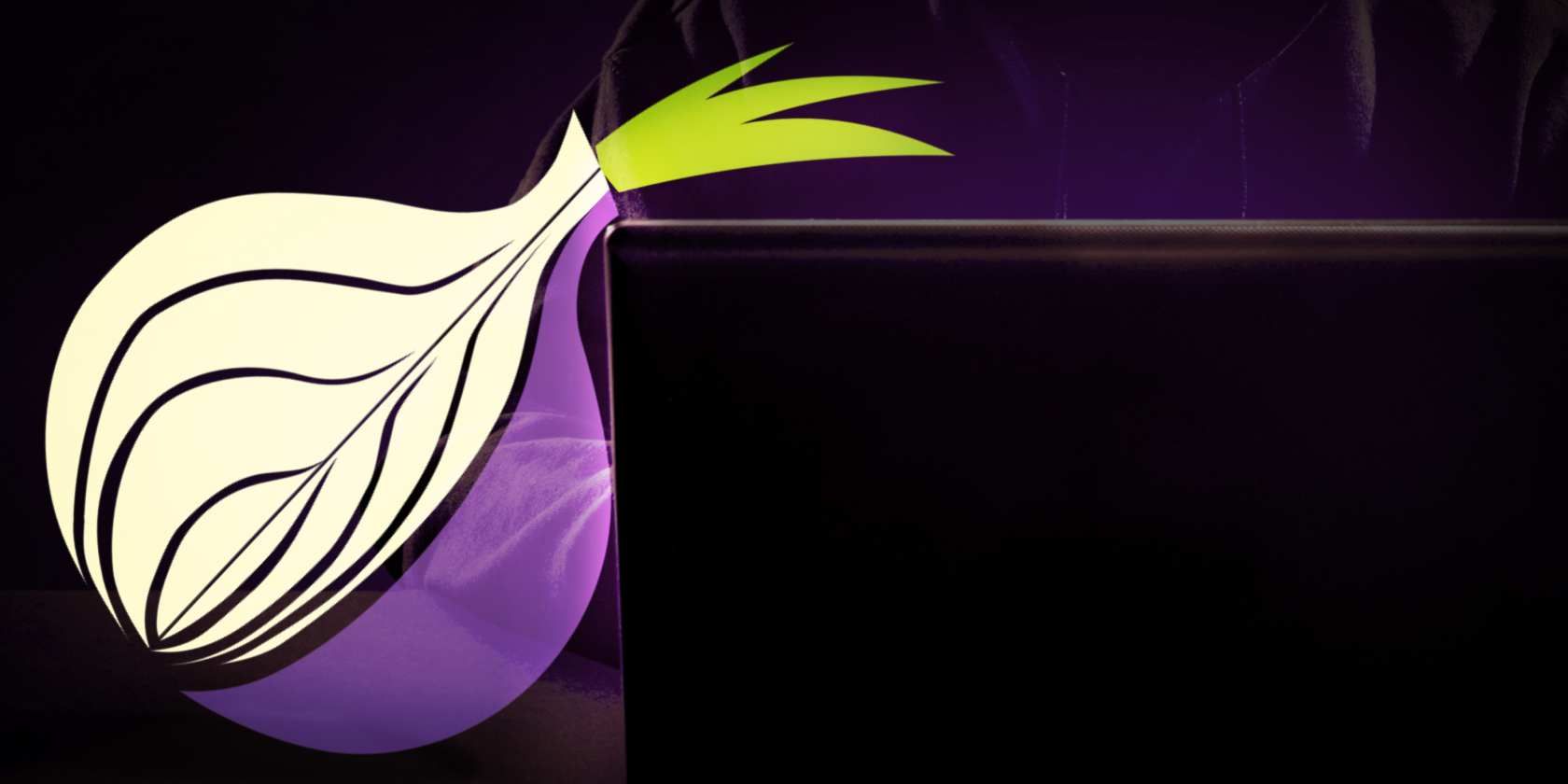
Two-Factor Fortified: Learn to Implement Advanced Authentication on Gmail Today!

Two-Factor Fortified: Learn to Implement Advanced Authentication on Gmail Today
What to Know
- Go tomyaccount.google.com >Security >2-Step Verification >Turn on 2-step Verification .
- 2FA options include passkeys, a Google prompt on your other signed-in devices, the Authenticator app, and more.
- Doing this requires a second step beyond your password, making your Gmail account much harder to hack.
One of the best ways to secure your Gmail account is withtwo-factor authentication . This article explains how to get this set up for your account and why it’s so important.
How to Turn on Gmail 2-Step Verification
Google makes this really easy. Here’s what to do to enable 2FA for Gmail from a desktop browser:
- Sign in to your Gmail account and select your profile picture or icon.

- SelectManage your Google Account .

- SelectSecurity from the left pane.
:max_bytes(150000):strip_icc():format(webp)/3SelectSecurityannotated-66dc87f916d84806827da2b0f5d00e34.jpg)
4. Select2-Step Verification .:max_bytes(150000):strip_icc():format(webp)/4Select2-StepVerificationannotated-941372db1c7e4a07824aabddbcbb988a.jpg)
5. SelectTurn on 2-step Verification .:max_bytes(150000):strip_icc():format(webp)/2-step-verification-google-account-3845649f01274321ae0acdbea57290ef.png)
6. Enter your phone number, then selectNext .
:max_bytes(150000):strip_icc():format(webp)/google-account-add-phone-number-2-step-verification-a48263c5e08c427799171ef33eb356f5.png)
7. Enter the verification code Google sent to your phone, then selectVerify >Done:max_bytes(150000):strip_icc():format(webp)/2-step-verification-number-google-5663bb0d29ab4c46af293060352c54bb.png)
How to Turn Off Gmail Two-Factor Authentication
We don’t recommend disabling Gmail 2-step verification, but for those times when you need to, here’s how:
- Select your profile picture or icon at the top right of Gmail, then selectManage your Google Account .

- SelectSecurity on the left, then scroll down the page and choose2-Step Verification . Sign in to your Google account when asked.

- SelectTurn off 2-Step Verification .
:max_bytes(150000):strip_icc():format(webp)/disable-two-step-verification-google-7a947d5206084cf4bbc8f6d59a949fc4.png)
4. Google shows a warning message asking you to confirm that you really want to disable 2-Step Verification. If you’re sure, selectTurn off .
:max_bytes(150000):strip_icc():format(webp)/turn-off-2fa-gmail-2b5b0ce807164afca9b4be86270a53e6.png)
How to Set Up Alternate Verification Steps for Your Gmail Account
If you want to set up different forms of verification as a backup to a text message, Google provides several options. Here’s how to change the second form of verification:
- Return to your Google account settings by selecting your profile image at the top followed byManage your Google Account >Security >2-Step Verification .

- Scroll down to theSecond steps section.
- Pick any of the available options, which includePasskeys and security keys ,Google prompt , andAuthenticator . This is also where you can getbackup codes for your Google account .

Why Use Gmail Two-Factor Authentication?
Your email account contains a lot of valuable information. It’s likely the account you use for everything, from your online banking to your social media accounts and potentially work-related tasks.
Keeping all that information in one place is useful for you, but possibly dangerous, too. If a hacker finds your password, they can gain access to a lot of important information and wreck your online and offline identity.
Two-factor authentication adds a layer of security by necessitating more than just your password for account access. By demanding an additional item, such as your phone, during login, it effectively prevents access, even if someone knows your password.
How Gmail Two-Factor Authentication Works
Depending on the 2FA method you chose during setup, Google will send you a code unique to your account. This might come via a text message to the number on file, a code in the Google Authenticator app, or a prompt on another device where you’re already signed in. Each code is only usable once and expires within minutes, so it’s very secure.
How to Create App-Specific Passwords in Gmail
Was this page helpful?
Thanks for letting us know!
Get the Latest Tech News Delivered Every Day
Tell us why!
Other Not enough details Hard to understand
Submit
Also read:
- [New] 2024 Approved What Is Triller - All You Know About This TikTok Alternative
- [New] Transformative Video Editing Master the Art of Ken Burns in Camtasa 9
- [Updated] In 2024, Historical Highlights Topping the List of Learning YT Sources
- [Updated] In 2024, Transform Your Videos with Magix Video Pro X
- 1. Discover Hotel Tech Upgrade: Enjoy Apple AirPlay Streaming in Selected Accommodations – A Simple Guide to Using the Feature
- Gain Priority Entry: Try Apple Vision Pro with TestFlight Before Official Release – Tips & Tricks
- Guide Rapide : Synchronisation Automatique De Documents Entre Microsoft Word Et Google Drive Sous Windows.
- How To Find Out What Version of PowerShell You're Using on Windows 11
- Perfecting Visual Appeal Tips for Incorporating Filters in Media for 2024
- PixelPathway Pioneer Review
- Reasons to Get Pumped About the Latest iPhone 16 Innovations - Insights From ZDNet
- Set Up Slack Push Notifications for Android Wear & Apple Watch: Ultimate Tutorial | CNET
- Step-by-Step Guide: Discontinuing Your Apple Music Subscription Independently From iTunes - Insights by ZDNet
- Unlocking Affordable Access: Your Guide to Apple Music's Educational Discount Program
- Upcoming Enhancements Await Specific AirPod Variants This Autumn; Discover the Upgrades on MacRumors Blog
- Title: Two-Factor Fortified: Learn to Implement Advanced Authentication on Gmail Today!
- Author: James
- Created at : 2025-01-09 17:19:07
- Updated at : 2025-01-11 04:20:42
- Link: https://technical-tips.techidaily.com/two-factor-fortified-learn-to-implement-advanced-authentication-on-gmail-today/
- License: This work is licensed under CC BY-NC-SA 4.0.
:max_bytes(150000):strip_icc():format(webp)/1Selectprofilepictureannotated-b3b1edd70b1948cc8d6091e63afb34cd.jpg)
:max_bytes(150000):strip_icc():format(webp)/2SelectManageyourGoogleaccountannotated-0942870e67344a68ab7dcd590f811a3d.jpg)
:max_bytes(150000):strip_icc():format(webp)/google-security-settings-32dd15fd96f54ffc9499123c84a9f854.png)
:max_bytes(150000):strip_icc():format(webp)/google-security-settings-cbf9e7719c1847fcb54b626a94168973.png)
:max_bytes(150000):strip_icc():format(webp)/2-step-verification-google-account-8857e154647241098b43075f4b9e2f28.png)